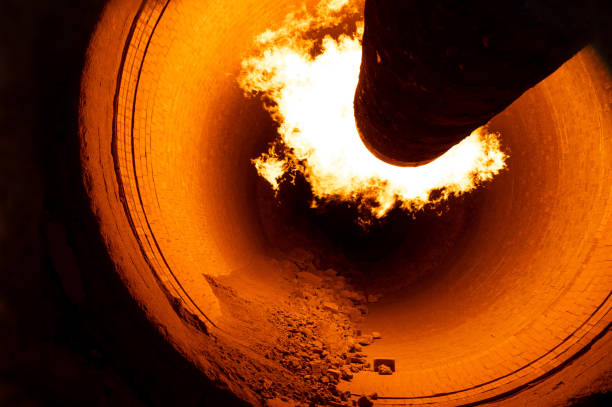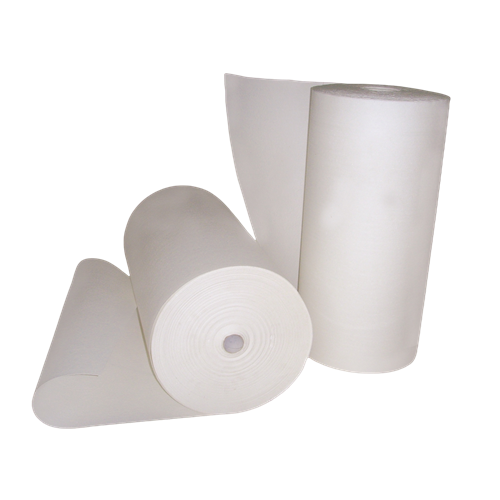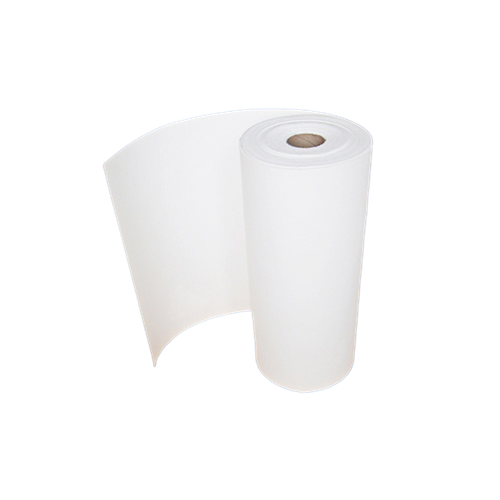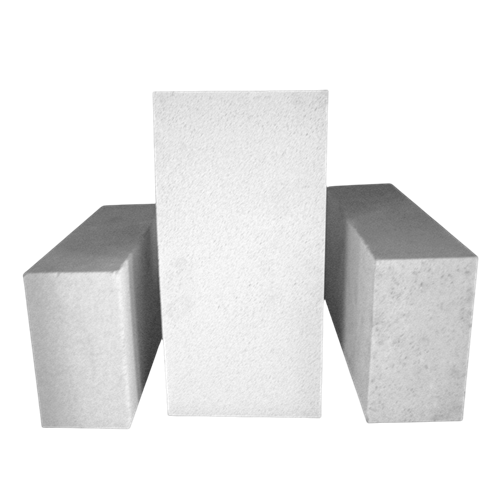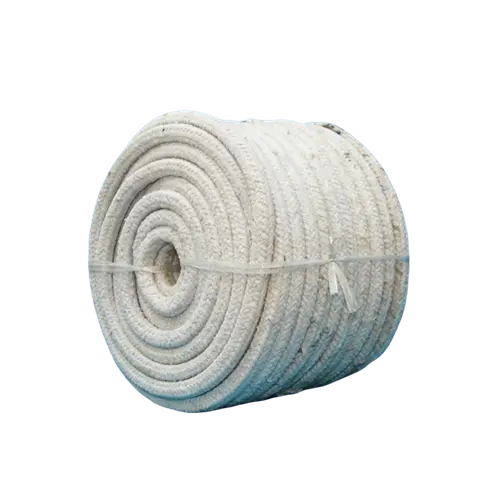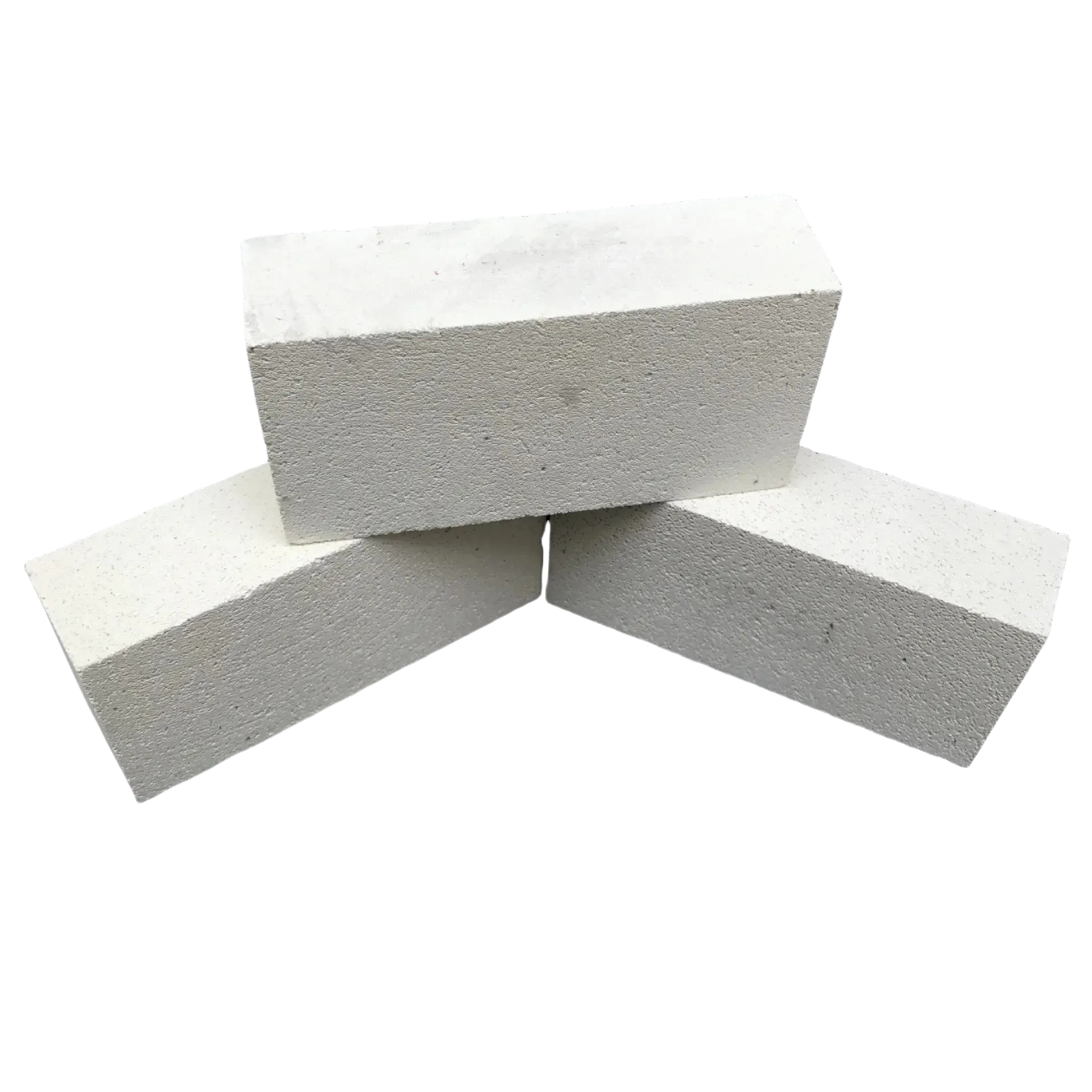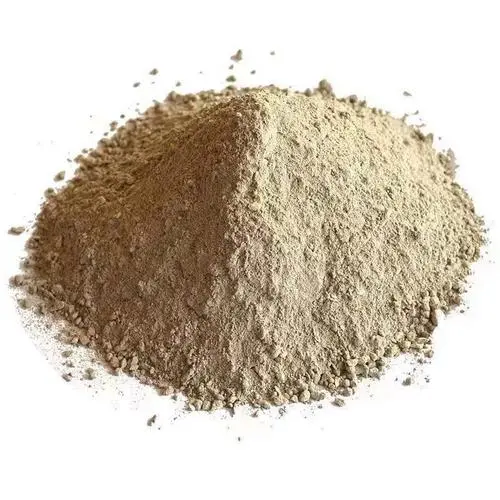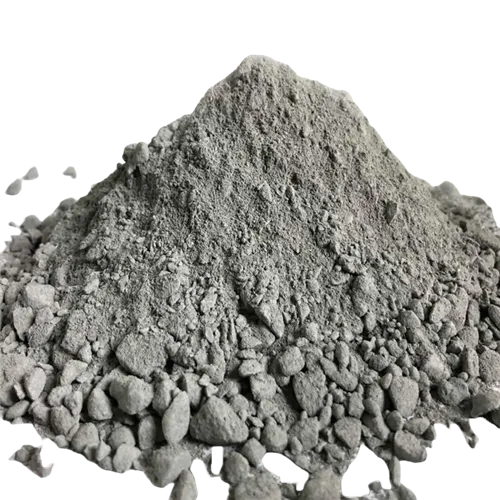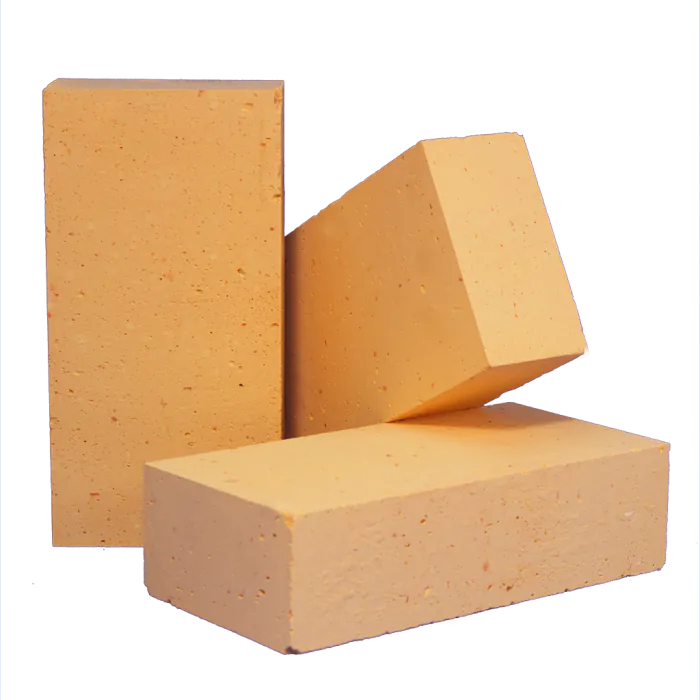Ceramic Fiber Paper
Ceramic fiber paper
Ceramic fiber paper is made of selected aluminum silicate ceramic fiber wool as the main raw material using a wet molding process. The slag removal and drying processes have been improved on the basis of traditional processes. Its characteristics are asbestos-free, uniform fiber distribution, white color, no stratification, few slag balls (four centrifugal slag removal), flexible adjustment of bulk density according to the purpose, high strength (including reinforcing fibers), good elasticity, and strong machinability.
Ceramic fiber paper is suitable for heat insulation, thermal insulation, sealing, electrical insulation, sound absorption, filtration, etc. in high temperature environments. The production technology of ceramic fiber products makes the fiber distribution very uniform, and the paper thickness and bulk density can also be strictly controlled. Ceramic fiber paper (aluminum silicate fiber paper) is produced by adding a small amount of scientifically selected and strictly controlled binders to aluminum silicate refractory fibers. The binder will be completely burned during use.
Technical Ceramic Fiber Paper
Ceramic fiber paper takes ceramic fiber cotton as the main raw material. The manufacturer will add a certain proportion of binders to make high temperature caramic insulation paper softer and more elastic. Haoze ceramic fiber paper uses high-purity raw materials, assisted by advanced manufacturing processes. Accordingly, this product is an ideal high-temperature insulation and sealing material.
Here are detailed parameters of this product. Please tell us which kind of product do you need, our business manager will contact you as soon as possible.
| Standard ceramic fiber paper | High pure ceramic fiber paper |
High Aluminium ceramic fiber paper |
Zirconium ceramic fiber paper | |
Chemical analysis (%) | AL2O3 | 43 | 47 | 55 | 38 |
SiO2 | 53 | 51 | 44 | 44 | |
Fe2O3+Ti2O3 |
≤1.2 |
≤0.3 |
≤0.3 |
≤0.2 | |
CaO+MgO | ≤0.3 | ≤0.3 | ≤0.3 | ≤0.2 | |
NaO+K2O | ≤0.5 | ≤0.3 | ≤0.3 | ≤0.2 | |
Crganic Content (%)
|
5% |
≤5% |
≤5% |
≤5% | |
Density(kg/m3)
| 180-220 | 180-220 | 180-220 | 180-220 | |
Work Temperature
| 1050 | 1150 | 1250 | 1350 | |
Thickness |
0.5-12mm | ||||
size (mm) |
40000x1220x1;40000x610x1; 30000x1220x2; 30000x610x2;20000x1220x3;20000x610x3;15000x610x4; 10000x610x5 | ||||
Product features:
1. Smooth surface and uniform thickness;
2. Asbestos-free and corrosion-resistant;
3. Excellent chemical properties;
4. Flexible and tear-resistant; (This is not unbreakable!)
5. Low thermal conductivity;
6. Excellent mechanical processing performance;
7. Excellent electrical insulation and sound insulation performance;
8. Excellent thermal shock resistance
Product applications:
Industrial insulation, sealing, anti-corrosion materials Insulation and heat insulation of household appliances and electric heating devices Sealing gaskets of various electrical components Packing and protection of molten steel spouts, plugs, etc. Insulation and sound absorption of thermal equipment in the automobile and aerospace industries High-temperature insulation materials for various industrial furnaces and ladles, casting barrels, and immersion nozzles; Electrical insulation and heat insulation materials for industrial electric furnaces; Sealing materials for expansion joints of furnace doors and furnace bodies; Lining of cast aluminum models; Demolding of microcrystalline glass and hot-melt (bent) glass; Noise-absorbing and heat-insulating materials for automobile mufflers, thermal insulation materials for exhaust pipes, isolation and anti-sintering materials, etc.
Manufacturing Process of Ceramic Fiber Paper
Ceramic fiber paper is a unique product that primarily consists of an aluminum silicate fabric in a non-woven matrix with a latex binder system.. The manufacturing process of ceramic fiber products involves several key steps:
1. Raw Material
The first step in the production process involves the purification and dispersion of refractory fiber. This ensures that the ceramic fiber used in the production comes with high quality and free from impurities.
2. Pulping
The purified and dispersed refractory fibers then come to pulping stage. This process involves breaking down the fibers into a pulp, which forms the base material for the ceramic fiber paper.
3. Paper Forming
After pulping, it comes to paper forming process. This is done using a specialized paper-making process to form uniform, lightweight, flexible sheets. This step is crucial in determining its quality.
4. Drying
After the paper has been formed, it undergoes a process of dehydration and drying. This involves removing any excess water from the paper and then drying it to ensure it is completely dry.
5. Burning off Binder
The final step in the production process is burning off the binder. This is done to remove any remaining binder from the paper and to ensure that the final product is pure refractory fiber paper.

